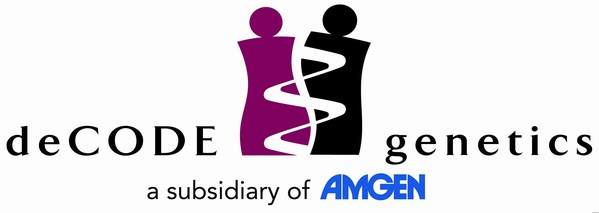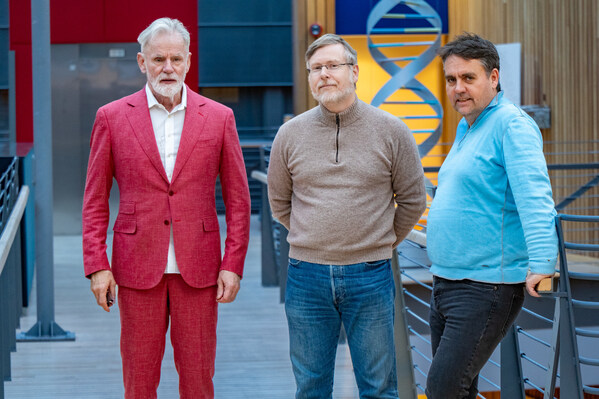 |
While this shuffling, known as recombination, is essential for genetic diversity, errors in the process can lead to serious reproductive issues. These failures can result in genetic errors that prevent pregnancies from continuing, helping to explain why infertility affects around one in ten couples worldwide. Understanding this process offers new hope for improving fertility treatments and diagnosing pregnancy complications.
The research also reveals key differences between men and women in how and where, the genome recombination occurs. Women have fewer non-crossover recombinatios, but their frequency increases with age, which may help explain why older maternal age is associated with higher risks of pregnancy complications and chromosomal disorders of the child. Men, however, do not show this age-related change, although recombination in both sexes can contribute to mutations passed to offspring.
Understanding the recombination process is also important in understanding how humans evolved as a species and what shapes individual differences, including health outcomes. All human genetic diversity can be traced to recombination and de novo mutations, DNA sequence present in the child but not in the parents. The map shows that mutations are elevated near regions of DNA mixing and consequently that the two processes are highly correlated.
Based in Reykjavik, Iceland, deCODE genetics is a global leader in analyzing and understanding the human genome. Using its unique expertise and population resources, deCODE has discovered genetic risk factors for dozens of common diseases. The purpose of understanding the genetics of disease is to use that information to create new means of diagnosing, treating and preventing disease. deCODE genetics is a wholly-owned subsidiary of Amgen (NASDAQ:AMGN).
Video for public use:
https://vimeo.com/1037862873/90309f69c3

Kari Stefansson, Gunnar Palsson and Bjarni V. Halldorsson, scientists at deCODE genetics and authors on the paper, Complete recombination of the human-genome, published today in Nature.

